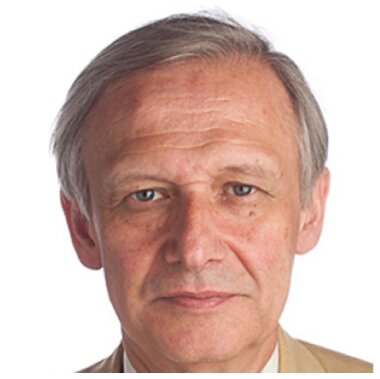Sergio Cerutti
rjscouceiro2019-06-19T10:51:10+00:00
Keynote Speaker
Dr. Cerutti is Professor in Biomedical Engineering at the Department of Electronics, Information and Bioengineering at the Politecnico in Milano (since 1994), where he is also Chairman of the B-cube Laboratory (Biosignals, Bioimaging and Bioinformatics) in the same Department. From 1990 to 1994 he has been Professor of Biomedical Engineering at the Department of Computer and System Sciences of the University of Rome “La Sapienza”. He has been Chairman of the Bachelor Track (Diploma Universitario) in Biomedical Engineering of the Politecnico in the period 1996-2000. In the period 2000-2006 he has been Head of the Department of Bioengineering of the same Politecnico. In the period 2010-2012 he has been Chairman of the Programs of Biomedical Engineering (1st and 2nd level Degrees) at Politecnico.
His research activity is mainly dedicated to various aspects of biomedical signal and data processing and modelling related to the cardiovascular system and in the field of neurosciences. He is the Author of more than 600 indexed international scientific contributions (about 300 on indexed scientific journals). He has coordinated various research projects at national and international levels in various topics of Biomedical Engineering and Bioinformatics.
He spent over a year as a Visiting Professor at the MIT and Harvard School of Public Health, Boston MA, USA, as well as a period of 3 months at the Department of Physics of the IST (Instituto Superior Tecnico), Technical University in Lisbon, Portugal.
He is Chairman of the Italian IEEE Chapter on Engineering in Medicine and Biology and also Chairman of the Biomedical Engineering Group of Italian AEIT (Association of Electrical Engineering and Telecommunication). Further, he is Chairman of the Ethical Committees of IEO (European Institute of Oncology) and Cardiological Center “Monzino” in Milano.
He is a Fellow member of IEEE, AIMBE and EAMBES and member of other international and national scientific associations.
Abstract
Biomedical Signals and Images Processing: towards innovative Paradigms of Information Integration in the era of Precision Medicine and Big Data in Health
A holistic vision of the patient requires new paradigms of investigations in respect to the traditional reductionistic approach typical of classical clinical medicine studies and intervenctions which
consider separately each organ or system, along the way how specialisation medical schools are generally organised. Instead, the new methods and technics which come from the incredible
innovation process of biomedical technologies should facilitate the information integration among the different single organs, the modalities on which information is transferred and the various scales on which the same phenomenon or pathology could be studied. The processing of clinical information as well as the extraction of proper features characterising the patient plays a pivotal role towards the so-called “precision medicine” or “personalised medicine”, even in this case by providing an innovative approach of the so-called “protocol-based” or “evidence-based medicine”.
Biosignals and bioimages processing allow to obtain a great quantity of information from which to enhance significant features or biomarkers. Proper machine learning approach enters into the
process to determinate those parameters which could implement a more realistic patient segmentation, an innovative more personalised diagnosis and more targeted therapies.

